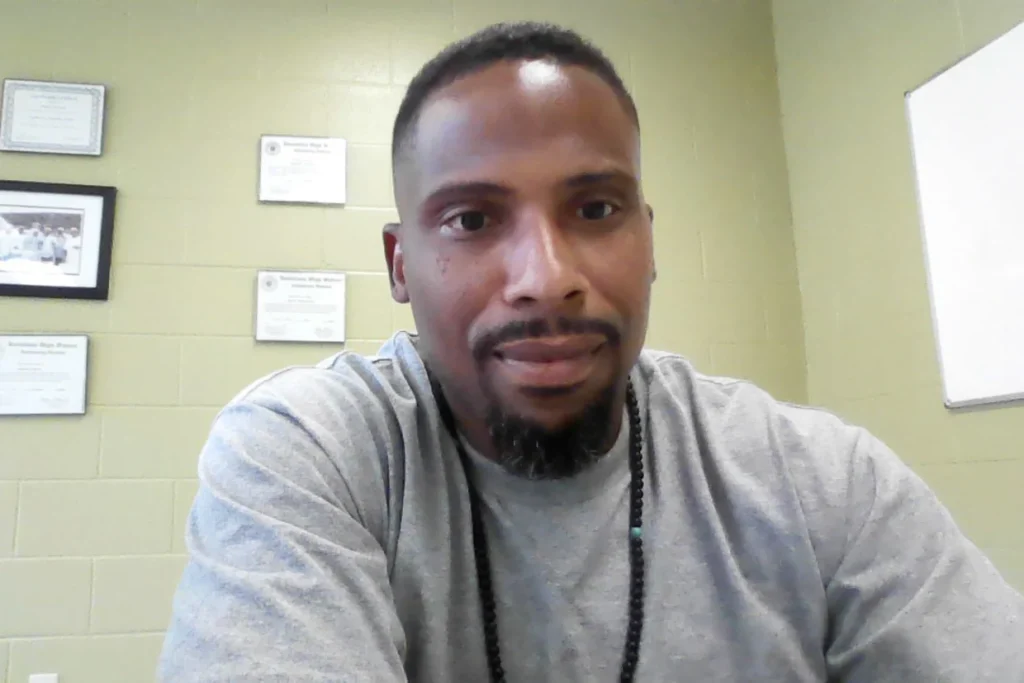The US state of Louisiana has carried out its first execution in 15 years, using nitrogen gas inhalation, a method that has drawn sharp criticism from human rights groups and UN experts.
Jessie Hoffman, 46, who was convicted of the 1996 kidnapping, rape, and murder of Mary “Molly” Elliot, was executed on Tuesday, according to his lawyers. However, state officials have yet to confirm the execution.
Hoffman’s attorney, Cecelia Kappel, denounced the process, saying the state “pushed out a new protocol” and set execution dates to prevent careful judicial review, keeping the process “shrouded in secrecy.”
Nitrogen inhalation as an execution method was first used in Alabama in January 2024, when Kenneth Smith became the first person in the world to be put to death this way. His execution, which appeared prolonged and distressing, sparked global condemnation.

Since then, Alabama has conducted three more executions using nitrogen gas. Critics, including UN human rights experts, have likened the method to a form of torture.
The US is set to carry out three more executions this week: Arizona (Wednesday) and Florida & Oklahoma (Thursday) Unlike Louisiana, all will be conducted by lethal injection.
So far in 2024, the US has executed eight inmates—six by lethal injection, one by firing squad in South Carolina, and now two by nitrogen inhalation.
The death penalty remains legal in 27 US states, but 23 states have abolished it. An additional six states (Arizona, California, Ohio, Oregon, Pennsylvania, and Tennessee) currently observe moratoriums on executions.
With Louisiana now adopting nitrogen gas as an execution method, the debate over ethical concerns, transparency, and human rights is likely to intensify.


